Arsenal – The 130 year long journey of the World’s Greatest Football Club
- 3029 Views
- aksceditor
- September 16, 2016
- 3
- History
Since 1886, Arsenal have been one of the most consistent forces in English football. Here is their history boiled down to their most defining moments as a club.
How do you define Arsenal? It’s a pretty daunting task to define nearly a century and a half of football. There are a few words that come to mind right off the bat. Consistent is one. Arsenal have not been demoted since 1913. It is the longest of such streaks. When considering how many different managers and players have passed through the ranks of Arsenal in over a century of play, remaining in the first tier through all of it is rather remarkable.
The second word that comes to mind is trailblazing. Arsenal does things differently. There is a such thing as the ‘Arsenal way’. Whether it’s being ahead of the times or what looks like falling behind in the times. Arsenal does it their way and no one else’s.
Another word is Industrious. This team has always pushed to go that extra mile and they have had guys who embody that trait. Look at Tony Adams. He is just one example of a guy that made himself through effort and hard work. So many athletes that make it at Arsenal are known for their hard-work and undying attitude. All the way up to the present day.
With that in mind, we get started with what makes Arsenal who they are.
FA Cup Record
1979
The FA Cup victory of 1979 against Manchester Untied is largely seen as a classic game. Arsenal took a 2-0 lead into the second half of the game, which proved to be rather unremarkable for the most part. In the 86th minute Manchester United pulled one back through a goal from Gordon McQueen, followed by an equaliser in the 88th minute by Sammy McIlroy.
The United team celebrated, believing that the game would then have to be taken to extra time. These celebrations, however, would prove to be short-lived as in the 89th minute Alan Sunderland scored a dramatic winning goal. Arsenal won the game 3-2. As a result, this the game is often referred to as the ‘Five-minute Final’.
This FA Cup triumph was the first trophy arsenal won since the 1970-71 double, and would prove to be the only major trophy won by Arsenal under the seven year management of Terry Neill.
The end of an era? Perhaps. Certainly it was the last trophy that Arsenal won under Arsene Wenger for the next nine years. Throughout the late 90s and 2000s, the top end of English football was dominated by the rivalry between Arsenal and Manchester United. It could be argued that this was the final battle in this rivalry. While Manchester United went onto continue to compete for the Premier League, Arsenal began to see their fortunes decrease as they entered an era of financial restraint due to the construction of the Emirates Stadium.
2005
The 2005 FA Cup could also be seen as the beginnings of a changing of the guard for Arsenal. They moved from the powerhouse midfield typified by Patrick Vieira (the captain’s last game for Arsenal) to the more lightweight, technical teams we have seen over the last ten years.
It was a feisty affair, where Arsenal put in a dogged, defensive display which eventually took the game to extra time and penalties. Vieira took the final penalty and won his last trophy for the club, as well as Arsenal’s last trophy until the 2013-14 FA Cup triumph against Hull City.
2015
After winning the FA Cup and putting an end to their trophy drought in 2014, Arsenal found themselves in the FA Cup final again in May, 2015, with a rare chance to defend their title. The euphoria of being in the FA Cup final again wasn’t exactly the same as the first time around given that last time, Arsenal was facing the chance to win their first trophy in nine years. But it was still a poignant moment in Arsenal’s history.
This time around, the Gunners were coming up against Aston Villa, who had just escaped relegation by the skin of their teeth. Given that Arsenal finished near the top of the Premier League Table that season, and Villa finished near the bottom, many would have favoured Arsenal to win the FA Cup for the second season in a row. However, one would not have thought that they would have won it in such convincing fashion.
Theo Walcott, Alexis Sanchez, Per Mertesacker and Olivier Giroud all scored a goal to give Arsenal an emphatic win over an outclassed Villa side. The Gunners’ triumph is undoubtedly a shining moment in their history, as they managed to achieve the rare feat of winning back-to-back FA Cup titles. It is an especially important achievement, given that it moved Arsenal to the top of the FA Cup titles list.
1930
The 1930 FA Cup was a memorable affair. Not only was it Arsenal’s first major trophy as well as their first of a league best 15 FA Cups, but it was also the first time that both teams walked out side by side, as we see today. Due to Herbert Chapman having managed Arsenal’s opponent, Huddersfield Town, the teams honored Chapman by walking out together.
Arsenal would shut out Huddersfield by a score of 2-0. Alex James and Jack Lambert scored the goals to bring home the trophy. And just like that, Arsenal’s winning ways had begun. The team that won this FA Cup would win the League the following year and three of the next four years, with another FA Cup to follow that.
Before this FA Cup, Arsenal’s trophy cabinet was barren. But thanks to Herbert Chapman and his brilliance, this 1930 FA Cup was the beginning of the Arsenal we known and love today. They became a force in the footballing world and took England by storm.
2014
. After such dominance in Arsene Wenger’s early years, many hoped for the same success in Arsenal’s new Emirates Stadium. That was not to be so, as Arsenal struggled to compete with the big spending Chelsea, Manchester United and Manchester City. Thankfully, such pain was soon to be over.
The year of 2014 was Arsenal’s first trophy in nine long seasons, as Arsene Wenger brought home the FA Cup. The season was, in the end, a slight disappointment, as Arsenal had looked like the best team in the league, led by a resurgent, and all of a sudden world class, Aaron Ramsey, but were unable to challenge for the title come May. However, the year did break the terrible trophy drought, and that is something to be celebrated.
The final itself was the most joyous aspect of winning the trophy. In true Arsenal fashion, they played a Hull City who were massive underdogs and still managed to surrender an early two goal lead. Thankfully, Arsenal’s squad showed great character to come back, winning the game in extra time with that man Aaron Ramsey scoring the winning goal.
Shrewd Singings
Dennis Bergkamp
This was undoubtedly one of the most significant signings in Arsenal’s transfer history, and it came on June 20, 1995. Dutchman Dennis Bergkamp joined Arsenal from Italian giants Inter Milan. There was no telling just how big of a legend he would become for the club.
The 26-old-year was brought to Highbury by former Arsenal manager Bruce Rioch for £7.5m. It was his first signing while at the helm. Although he wasn’t an instant star, Bergkamp proved to be one of the most influential players ever to don an Arsenal shirt. He was pivotal in the late 1990’s leading up to Arsenal’s unbeaten season during the 2003-04 Premier League campaign.
During his time in North London, Bergkamp became known for his unmatched skill and finesse, and his incomparable vision for the game. He helped lead Arsenal to three Premier League titles in 1998, 2002, and the Invincibles’ title run in 2004, all while being a mainstay in the Gunners’ talented midfield.
Apart from contributing to the team’s overall success, Bergkamp also had his fair share of personal accolades as well. He scored 120 goals in 423 appearances across all competitions during his ten year stint at the club, thus joining the exclusive list of players to score 100 goals for Arsenal. He was presented with the prestigious honour of being named the PFA Player of the Year in Arsenal’s title winning season in 1998. The fact that he has a statue outside the Emirates shows just how much his signing had an impact on the club he left long ago.
Thiery Henry
The gross majority of Arsenal supporters out there think of Thierry Henry first and foremost when the club is mentioned.
Henry was reunited with Arsene Wenger when Le Prof purchased him from Juventus in 1999 for £11m, a very hefty price at the time. Wenger actually fell under scrutiny for the signing. At the time, Henry was a quick left winger and he was tasked with replacing Nicholas Anelka. Wenger set about turning Henry into a striker.
Despite not scoring in his first eight games, Henry finished his first season at Arsenal with 26 goals, effectively ending the criticism.
The rest is history as Thierry Henry went on to spearhead one of the most magnificent attacking teams in football history. He lead Arsenal to their Invincible season and on, ending his Arsenal career with 174 league goals (226 total) in 254 appearances (369 total). Every striking record belongs to Thierry Henry and there they will remain for quite some time.
Thierry Henry is Arsenal’s greatest player of all time. For a period in the early 2000s, he was one of, if not the best player on the planet. He would do things that simply aren’t normal. His pace and power would dominate the physical English game. His touch, sublime, his speed of thought as fast as his running. He was a truly unique, once in a generation player, and is why many younger people now call themselves Arsenal fans.
It also helps that Henry was not only the best player, but also the best goal scorer. Arsenal have had a long line of fine strikers. From Ted Drake of the 30s through to the man who could do no wrong of the 90s, Ian Wright, the Gunners have boasted some of the best in the English game. Well, Henry is top of the tree, and when he broke the Arsenal goal scoring record, he simply proved it to everyone.
It only took Henry six years to break Ian Wright’s record. The night was the 18th October. The opponent, Sparta Prague, in the group stages of the Champions League. Starting on the bench due to recent injury, Henry was called to action in the 15th minute due to Jose Antonio Reyes needing to come off. Only six minutes later did the Frenchman equal Wright’s record. The great moment came later in the game, where he converted a Robert Pires cross to sit at 186 goals. What a wonderful moment in Arsenal history.
Patrick Viera
Some Arsenal fans say that we still have yet to replace him. Most would agree with that when the player we’re talking about is virtually irreplaceable. The player in question would of course be none other than Patrick Vieira. Right up there with signing Thierry Henry, bringing Vieira to the club is unequivocally one of Arsene Wenger’s greatest managerial decisions.
Vieira came to Highbury from Inter Milan for £3.5m in the summer of 1996, and proved to be an anchor in defensive midfield for Arsenal. He helped reshape and bring discipline to Arsenal’s midfield and developed a strong partnership with Gilberto Silva to provide protection to Arsenal’s defense.
Vieira emerged as a leader in the squad and thus inherited the captain’s armband from Ray Parlour in 2002. He led Arsenal to three Premier League titles in 1998, 2002 and 2004, as well as four FA Cups trophies before leaving the club for Juventus in 2005.
Vieira left a sizeable void in Arsenal’s midfield, and thus the Gunner’s lost the bit of backbone in defensive midfield that he provided. Even with Coquelin emerging as Vieira’s successor many years on, you can’t help but think there will not be another player like him to grace the Emirates in this lifetime.
Ian Wright
Few players have had as positive an impact on Arsenal as Ian Wright. The Englishman is an undisputed legend for the North London club who will go down in Arsenal folklore as one the best strikers to don the red and white.
In 1991 Wright signed with Arsenal for a club record at the time of £2.5 million. On his debut for the Gunners Wright scored in the League Cup against Leicester City, and then went on to score a hat-trick against Southampton in his League debut. That is just a taste of the unbelievable offensive prowess that the mighty Wright possessed. In his first season at Highbury he won the Golden Boot scoring 29 goals, although 5 of them were actually for Crystal Palace.
Wright was Arsenal’s top scorer for an unbelievable six seasons in a row, and the Englishman played a huge role in Arsenal’s success during the 1990’s. With Wright leading the line Arsenal won the League Cup and FA Cup double in 1993. Wright also played a huge part in the club’s success during the 1994 European Cup Winners’ Cup, although he was suspended for the final against Parma which Arsenal won 1-0.
Tony Adams
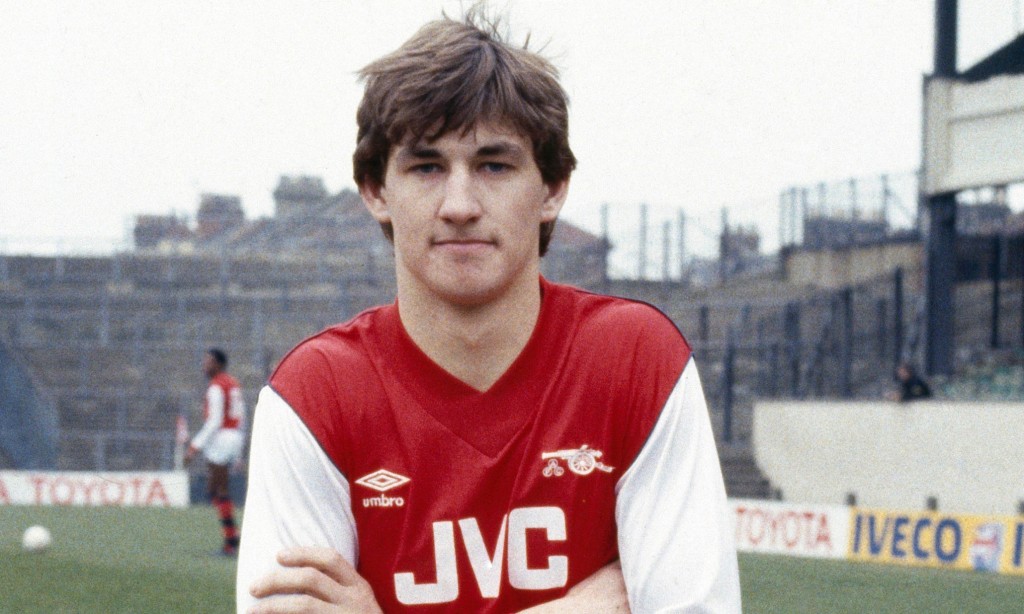
When you spend your entire career at one team, you deserve an award. Tony Adams made over 500 appearances with Arsenal across an incredibly successful 22 year career. Adams won the club four titles, three FA Cups, two League Cups and one Cup Winners Cup. He served as team captain for 14 years and captained Arsenal to two doubles. He is one of four immortalized Arsenal greats standing outside of the Emirates. He stands next to Herbert Chapman, Thierry Henry and Dennis Bergkamp.
What else needs to be said about Tony Adams? When he became captain of Arsenal, he embodied the club in every sense of the word. But Tony Adams did not just embody the club, he embodied the club for two decades, one and a half as captain. That is a big deal, especially when you look at how Arsenal captain’s have fared since then. Even Patrick Vieira was only captain for a short while.
It’s a cliche, but it needs to be said anyway. They just don’t make them like Tony Adams anymore. One club for 22 years and captain for 14? Arsenal have needed another captain like Adams since he retired. Given his immense impact, the Gunners are going to be waiting awhile if they are looking for another Tony Adams.
Mesut Ozil
Prior to 2013, Arsenal was known to be a selling club, reluctantly. It is well-documented that Arsenal had an incentive to sell their best players, notably Cesc Fabregas and Samir Nasri, in order to raise the funds needed to remedy the financial debts that they incurred from building Emirates Stadium.
This practice meant that Arsenal could not be competitive in all competitions. Fast forward to September 2013, and that all changed. On September 2, Mesut Ozil signed for the club on a four year deal from Spanish giants Real Madrid for a reported £42.5m.
The signing of Ozil signified a changing of culture within the club. Selling key players was no longer needed. On the contrary, Arsenal was now in a position where they were able to spend big in order to sign world class players.
Ozil’s arrival at the club was the turning point for Arsenal in terms of success. It is no coincidence that Arsenal’s first trophy in nine years came within Ozil’s first season at the club. The German World Cup winner brought over a winning mentality from Real Madrid to a squad that hadn’t won anything together. He also brought an unmatched vision for the game that helps him create scoring chances out of virtually nothing with just one perfectly placed pass. His ability to assist his teammates with ease makes him a strikers dream, and shows that he is integral part of his Arsenal team.
Sol Campbell
Campbell, on the other hand, made the move from the blue side of town to the red in July of 2001 on a free transfer after weeks of speculation regarding his future at White Hart Lane. Campbell emerged as an important member of Arsene Wenger’s starting XI. He was a tough nut to crack for strikers that came up against him in defense.
Campbell’s tenure at Arsenal proved to be quite a bit more fruitful than his time at Tottenham. He helped the team win two Premier League titles and three FA Cups. Perhaps one of Campbell’s most memorable moments in an Arsenal shirt came in their only Champions League Final appearance in 2006, where Campbell opened the scoring with a powerful header against eventual winners Barcelona. Campbell’s transfer may have proven to be one of the most controversial in Premier League history, but it also proved to be one of the most important in Arsenal history, given the invaluable contributions he made to the club during his time there.
Frank McLintock
One of the greatest defenders in Arsenal’s history, Frank McLintock was actually bought by manager Billy Wright as a wing-half in 1965. In his first few seasons with the Gunners, McLintock struggled mightily to find his way within Wright’s system. After joining Arsenal from Leicester City, the Scottish 4international suffered a run of poor form which began on his debut at Highbury when he mishit a back pass, allowing Nottingham Forest’s John Barnwell an opportunity to score an easy goal.
Despite his fantastic work rate and enthusiasm, McLintock’s tendency to wander all over the pitch heaped enormous pressure on his teammates to compensate for his indiscipline. Throughout his first four-year contract at the club, McLintock navigated a mainly disappointing time at Arsenal while the club wallowed in mediocrity. During the 1966-67 season McLintock grew so dissatisfied with the club’s management that the Scott submitted a formal transfer request, which was eventually rejected.
Luckily for Mclintock and Arsenal, things would soon turn around. In 1968 Arsenal made it to Wembley where the club participated in a League Cup final against Leeds, where they lost 1-0. The Gunners narrowly lost after the North London club’s equalizing goal was ruled out; McLintock was judged to have fouled goalkeeper Gary Sprake. Despite this disappointment McLintock was named Arsenal’s Player of the Year. During the 1968-69 season McLintock was named Arsenal’s captain taking over from Terry Neil, after signing a new four-year contract. The Gunners went to another League Cup final but fell tragically to Third Division side Swindon Town 3-1. However, on a positive note Arsenal finished fourth in the league and qualified for Inter-Cities Fairs Cup.
During the 1969-70 Arsenal were rocked with an injury crisis. Sound familiar? Out of desperation, new manager Don Howe re-purposed a somewhat reluctant McLintock as a center-half. The experiment paid off tenfold. McLintock’s leadership on the pitch was unquestioned, and he played a crucial part in coming back from a dramatic 3-1 away deficit against Anderlecht to lift the Inter-Cities Fairs Cup in 1970.
In 1971 McLintock led the Gunners to a glory on two domestic fronts. The Gunners claimed the League title and also defeated Liverpool to lift the FA Cup as well. Frank McLintock’s success story at Arsenal is one of perseverance and patience. In modern day football, players are expected to make an instant impact. However McLintock took about five years to truly claim success in North London. When he finally grabbed hold of his leadership role, McLintock etched his name into Arsenal history.
Bob Wilson
Arsenal may have an extremely sure set of hands in goal right now in Petr Cech, but let’s not pretend that the Gunners have always had such a component shot stopper. Great keepers have come and gone but few can rival the stature of Bob Wilson in Arsenal lore. Like his teammate Frank McLintock and manager Bertie Mee, Wilson was a part of an Arsenal side that was attempting to change its fortunes. During the late 1960’s, Arsenal was struggling to claim glory, but with the signing of Wilson the team finally grabbed hold of a player who would become an institution.
Wilson played his entire ten year professional career at Arsenal and was a crucial part of Arsenal’s rebuilding years. Wilson played with an unmatched fearlessness on the pitch. He created his own signature technique of diving at his opponents’ feet to save goals, which gave him many injuries in his time as a keeper. Wilson claimed numerous honors with Arsenal including the Inter-Cities Fairs Cup in 1970 and the famous League Cup and FA Cup double in 1971.
Many believed that Wilson hung up his boots far too early at the age of 32 in 1974, but that certainly does not diminish the greatness that he brought to the Arsenal defense at the side’s first choice keeper.
Alex James
Alex James joined Herbert Chapman’s Arsenal team in 1929 and made his debut against Leeds United in August 1929. James, after struggling in his first season, soon settled into the team and became an integral part of the dominant Arsenal side of the 1930s.
James’ main role was as a supporting player, providing assists more than goals. He only scored 27 goals in 261 appearances. It was due to James’ vision and assists that allowed the likes of Cliff Bastin and Ted Drake to score so many goals. James proved to be a main reason for Arsenals success during the 30’s, and his absence through injury at times was keenly felt.
James returned to Arsenal in 1949 to coach the youth sides, but died of cancer at the age of 51. He was inducted into the English Football Hall of Fame in 2005.
Cliff Bastin
Cliff Bastin played for Arsenal between 1929 and 1947. He was purchased by Herbert Chapman as a 17 year old at the end of the 1928-29 season. Bastin played for Arsenal for the rest of his career and was a key player in the Arsenal squad that dominated the game during the 1930s.
He would go on to score 178 goals in 395 games, becoming Arsenal’s all-time top goalscorer from 1939 until Ian Wright overtook this total in 1997. Due to Thierry Henry then surpassing both records, Bastin currently stands as Arsenal’s third-top all time goalscorer. His total of 150 league goals actually remained a record until 1 February 2006 when Thierry Henry surpassed it.
Despite his young age, Bastin would become a mainstay at Arsenal for the next decade, usually playing over 35 matches every season. He would win five First Division titles and two FA Cups with Arsenal. He made 21 caps for England, scoring 12 goals.
World War II broke out when Bastin would have been at the peak of his playing career at the age of 27. While he was excused from military service due to deafness, he would play little due to an ongoing leg injury. He eventually retired from the game in January 1947. Bastin died in 1991 at the age of 79 and in 2009 was inducted into the English Football Hall of Fame.
Ted Drake
Ted Drake was a centre forward that played for Arsenal between 1934 and 1945. He scored in his league debut against Wolves in March 1934. While he was ineligible for a league winners medal in the 1933-34 season (due to joining the club too late), he would play an integral part in the 1934-35 title win where he scored 42 goals in 41 league games. His tally would end up at 44 for the whole season, which is a club record to this day.
Drake was one of the seven Arsenal players in the England side that took on Italy in November 1934, winning 3-2. He would go on to win five England caps, scoring six goals.
Drake achieved another club record that still stands to this day, scoring the most goals in a single game – seven against Aston Villa in December 1935.
Like so many footballers during this period, his club career was cut short due to the outbreak of the Second World War. Despite playing a few war time games for Arsenal, his career post-war did not last long due to an injury sustained during a game in 1945 which led to his retirement. Drake remains joint-fifth all-time scorer for Arsenal with 139 goals in 184 appearances.
Incredible Managers
Arsene Wenger
Much like many of Wenger’s signings, he himself was an unknown when he was selected as the manager to succeed Bruce Rioch. However, he was a man with a plan, as before he even took over, he had secured the transfers of Arsenal legend Patrick Vieira and Remi Garde as well. A lot of that comes down to his friendship with club vice-chairman David Dein, but it still required that invaluable foresight from Wenger.
Arsene Wenger is now the longest-tenured coach in Arsenal’s illustrious history and there is no definite end in sight. Le Prof was another one of the revolutionary type. He completely changed everything, from the diet to the training. While his methods are often questioned, what genius has never had his methods questioned?
Wenger is a hotly-debated manager in the Premier League. When he loses, he deserves to be fired. When he wins, he should stay forever. It will probably stay that way up until the end.
However, it is impossible to deny what he has done for this club. He has made some seriously difficult decisions for the future of the club. The Emirates, the focus on the youth system, even in his later years; those are the kinds of things that show his selflessness and how he quite literally lives for the club.
They say that Wenger has the keys to the club. And why shouldn’t he?
Hiring Arsene Wenger, a foreigner, was a huge step towards what the Premier League is now. He changed everything for English football. The move to North London. That was a bold one. But it paid off. Even how Arsenal is doing things nowadays. Everything boils down to having their own brand of football and sticking to it.
Not only is he the current, longest serving manager in the Premier League, but he is also Arsenal’s longest serving manager in the history of the club. Arsene Wenger usurped former gaffer George Allison’s record of 13 years at the helm of Arsenal in October of 2009.
Currently at 19 years in charge, Wenger has redefined Arsenal and has turned them into one of the Premier League’s elite team’s since taking over for Bruce Rioch in 1996. He is responsible for bringing three league titles, six FA Cups, and six Community Shield’s to Arsenal’s trophy cabinets in that time.
Not only has he enjoyed success on the pitch during his reign, but he has also made the significant contributions of having built a world-class stadium, as well as bringing an attractive footballing philosophy to the club. In a league where there is a constant revolving door of managers, Wenger has managed to command enough respect to the point where his position is virtually never in question.
He is widely regarded as one of the most influential and respected managers not only by fans, but by his peers as well. Thus, it is no surprise that Wenger was voted coach of the decade in 2011, beating out the widely successful Sir Alex Ferguson and Jose Mourinho. Although he may endure criticism from fans every now and again, Wenger is undoubtedly one of the best things to ever happen to Arsenal in the history of the club. It is only a matter of time until he gets his statue next to Thierry Henry and Dennis Bergkamp outside the house that he built.
Bertie Mee
Arsenal is a proud club that have gone through numerous transformations. In the late 1960’s, the club was struggling in the doldrums of Europe and had not claimed a trophy since 1953 . In 1966 Arsenal appointed head physiotherapist Bertie Mee as the club’s manager. This was seen as a very controversial appointment and many were not convinced that Mee could take over for Billy Wright. The risk paid off fully when Mee took Arsenal from mediocrity to the center stage of Europe.
Mee joined Arsenal as the physiotherapist in 1960 and when he became the club’s manager he knew to stick to his strengths. Mee allowed Dave Sexton and Don Howe to oversee the coaching of the side, while he worked on rebuilding the club as a whole. Under Mee’s stewardship Arsenal claimed their first trophy in 17 years, defeating Anderlecht 4-3 on aggregate to hoist the Inter-Cities Fairs Cup in 1970.
In the following season, Arsenal improved on the fantastic foundation that Mee restored. The Gunners claimed the infamous “double” when they grabbed hold of two more trophies, the League Title and FA Cup. Although many may believe that Mee allowed that double winning side to break up to soon, there is no denying that the former manager restored Arsenal to glory.
George Graham
George Graham is one of Arsenal’s greatest managers of all time. The Scottish gaffer is known for establishing one of the stingiest defenses in English football history. According to the Independent, Arsenal is the only team to ever register less than 20 goals against twice in the history of the English top flight. Both of these instances came during an era when Graham’s staunch back four was the basis of Arsenal’s success. Graham was a part of the “double” winning Arsenal side that claimed glory in 1971, so the Scott knew exactly what it took to bring trophies to Highbury.
The combination of Dixon, Adams, Bould and Winterburn is still considered the greatest spine of any English first division squad ever. Graham won the league in 1988-89 and 1990-91, while also claiming the League Cup in 1986-87 and 1992-93. He led the Gunners to the League Cup and FA Cup “double” in 1992-93 and there is just no way to deny the amazing effect that Graham had on the club. During his tenure, Arsenal were the polar opposite of the current Arsene Wenger sides. The North Londoners were defensive specialists and the chant “1-0 to the Arsenal” became famous.
However in 1995 Graham was dismissed as the Arsenal manager when it after it was discovered that he had accepted an illegal £425,000 payment from Norwegian agent Rune Hauge following the club’s 1992 acquisition of John Jensen and Pål Lydersen, two of Hauge’s clients. This was a dire time in Arsenal’s history and after Graham’s dismissal the Gunners struggled to replicate the success they enjoyed under him.
Herbert Chapman
Herbert Chapman changed everything at Arsenal. From the kits to the training to the way the game was played, it was a brand new Arsenal. It was also the first long string of success the club would revel in, with the club winning its first trophies under the watchful eyes of Herbert Chapman.
In 1933, Chapman had begun the process of rebuilding an aging squad. It was a transitional period, but with Chapman at the helm, there was little to worry about. He set about making young signings to rejuvenate the squad.
Suddenly at the turn of the New Year, everything changed. Despite business proceeding as usual with Chapman having what seemed to be a cold, his sickness turned to pneumonia and he passed away on January 6, 1934. It was one of the most tragic and shocking days in Arsenal history. The iconic manager Herbert Chapman, right in the middle of managerial tenure, was stolen from Arsenal at the age of 55.
Arsenal would go on to win the league despite the tragedy. The signings Chapman made were clearly geared toward prolonged success as they would win again in 1938. While it seemingly should have ended an era at Arsenal, Chapman had built such a legacy and such a squad that his death would not simply undo all the work he put in.
Premier League Glory
2003-04 (The Invincibles)
As the greatest season in the history of football, it is no shock that the Invincible season is the most defining ‘moment’ of Arsenal’s illustrious history. After suffering just one loss in 1990-91, it seemed highly unlikely that such a feat could be topped. Especially when Arsene Wenger infamously pointed out that his Arsenal side could go undefeated, albeit one year too early.
That is exactly what happened. The entire streak lasted 49 games. As you have learned through this slideshow, it began at the end of the 2002-03 season on May 7th. It would last all the way through the 2003-04 season and finally come to a halt in October of 2004.
The Gunners 2003-04 season was nothing short of a fairy tale. Arsene Wenger’s successes had all come together at the perfect time to deliver the most unbelievable season ever. At a time where the rivalry between Sir Alex Ferguson and Arsene Wenger was dominating the Premier League, Arsenal took it a step further and made easy work of the most competitive league in the world. The Gunners accumulated 90 points across a 26-12-0 record. They scored a massive 73 goals in the league, 30 of which came off of the foot of the King, Thierry Henry.
The amount of heroes on this Arsenal team goes even beyond the starting XI. Everyone had their part to play, from Henry and Patrick Vieira to Robert Pires and Jens Lehmann. So many pieces that Arsene Wenger had brought together blended into the indestructible team. The likes of which we will never see again.
1970-71
Arsenal won their first ever double of the First Division league title and FA Cup during the 1970-71 season. The title deciding league game took place at White Hart Lane, where Arsenal beat Tottenham. Arsenal would end up winning the league by a single point over second place Leeds United.
The FA Cup was secured by a 2-1 victory over Liverpool at Wembley. It marked Arsenal’s fourth FA Cup triumph. By winning the FA Cup and securing the double, Arsenal became only the fourth team in English football to do so.
The FA Cup final was played on a very hot, sunny day, with exhaustion and cramp becoming an issue for the players as the game progressed long into extra time. An infamous image of the final is of Charlie George falling to his back, after scoring what would be the winning goal in the 111th minute, arms outstretched, partly in celebration and partly due to exhaustion.
Arsenal won the double after completing a 64-match season, largely with a small squad. Unfortunately the team was mostly broken up soon after and Arsenal would not win the league title again until the 1988-89 season, and suffered from a series of near misses during this long period.
1988-89
An infamous league title triumph achieved in the most dramatic of fashions. Arsenal won their first league title in 18 years by beating defending champions Liverpool on the final day of the season. They had to win by two clear goals, and did so by winning 2-0 at Anfield. Arsenal won the league title that season on the basis of amount of goals scored.
Alan Smith scored the first goal, but it wouldn’t have been enough. Michael Thomas then scored the famous winning goal in the final minute of the game. Liverpool had already won the FA Cup that season, and were considered clear favourites to win. The underdogs of Arsenal, however, managed to win their ninth league title.
The game was originally meant to take place on 23 April, but due to the Hillsborough Disaster, was postponed until a more suitable date could be found. Arsenal had lead the league for the majority of the season, but their form suffered as the season neared its end.
While being considered one of Arsenal’s greatest title triumphs, it is also considered to be one of the greatest sporting moments of all time.
1997-98
Arsene Wenger was welcomed to Arsenal with a bit of hesitancy. After taking over in 1996, he led the team to a third place finish but missed out on Champions League play for the first and last time. Immediately following that season, Arsenal was back in the driver seat.
1997-98 was a huge season for Wenger. He achieved his first Premier League title and his first FA Cup by way of a rousing double. Down 12 points to Manchester United as the season was nearing its close, Arsenal fought back with amazing vigor and clawed their way to the top of the table. They won eight straight matches and won by just a point.
This was an important year for Arsenal because it meshed the new regime that Wenger was building with the old regime of George Graham. With regulars like Dennis Bergkamp, Tony Adams, Lee Dixon and Ian Wright mixing with Wenger’s crop of Patrick Vieira, Emmanuel Petit and Marc Overmars, it was a sign of the changes to come. The old regime had not won the title since 1991 but with the rejuvenated side that Wenger had procured, they would resume the winning ways that Arsenal had come to expect.
1990-91
You’d think that this would be the greatest season in Arsenal history. With George Graham at the helm and Alan Smith leading the line, Arsenal would win the league in dominant fashion. With seven points to spare, a remarkable +56 goal differential and just one loss, Arsenal won the 1990-91 title with a record of 24-13-1.
Arsenal surrendered just 18 goals on the year as David Seaman proved that there were very few things that could get past him. Those 18 goals surrendered were a whopping 22 less than what second place Liverpool surrendered.
But it was not all thanks to David Seaman. Arsenal’s iconic back line was composed of Lee Dixon, Tony Adams, Steve Bould and Nigel Winterburn. It was the best defense ever composed in England.
Naturally, the only loss of the season came against Chelsea. But one loss would still be something to marvel over. Even knowing that a mere thirteen years later, this monumental squad would be one-upped by Arsene Wenger’s Invincibles.
2001-02
One of Arsenal’s most successful seasons in one of the most successful eras saw the beginning of the Arsenal’s greatest squad in history. This world class culminated in the Invincible season, which is coming up in this list. However, among many of the successes of this squad was the 2001-02 season, where Arsene Wenger led his men to yet another double, winning the Premier League and the FA Cup.
The squad was littered with world class players in every position. From the long time captain, Tony Adams leading the team from center half, to the marauding Patrick Viera in the middle of the field. This Arsenal team was star studded, and that’s without mentioning one of the best forward partnerships in world football of that time.
Spearheaded by the immensely talented duo of Dennis Bergkamp and Thierry Henry, Arsenal scored in every single league game and were unbeaten away from home. Henry scored 32 league goals in the campaign, which led English football, and Freddie Ljungberg and Robert Pires were awarded national accolades as the best players of the season. It was a truly dominant season from Arsenal, and is most definitely one of the greatest moments in Gunners’ history.


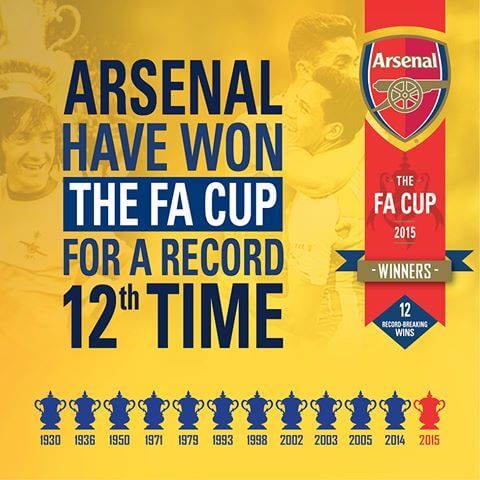
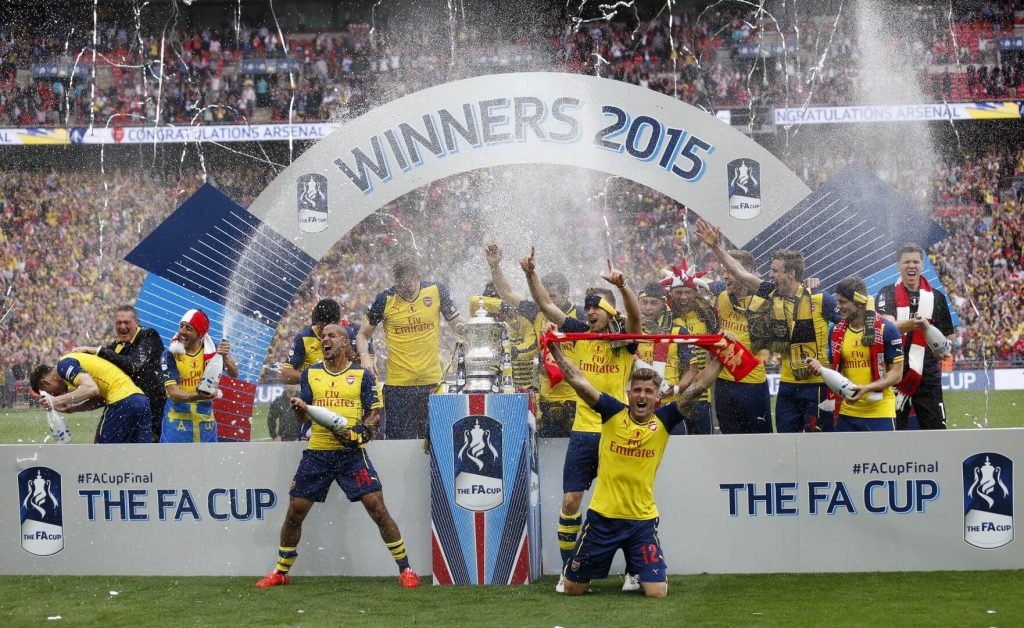
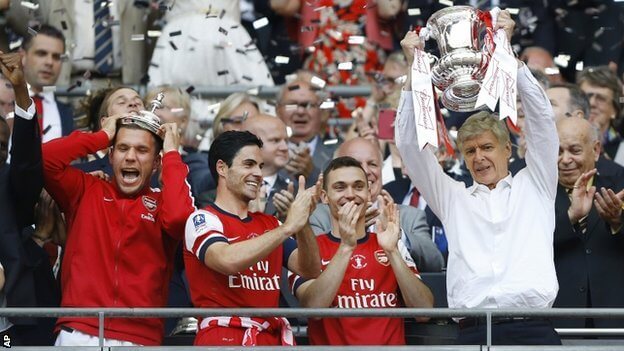
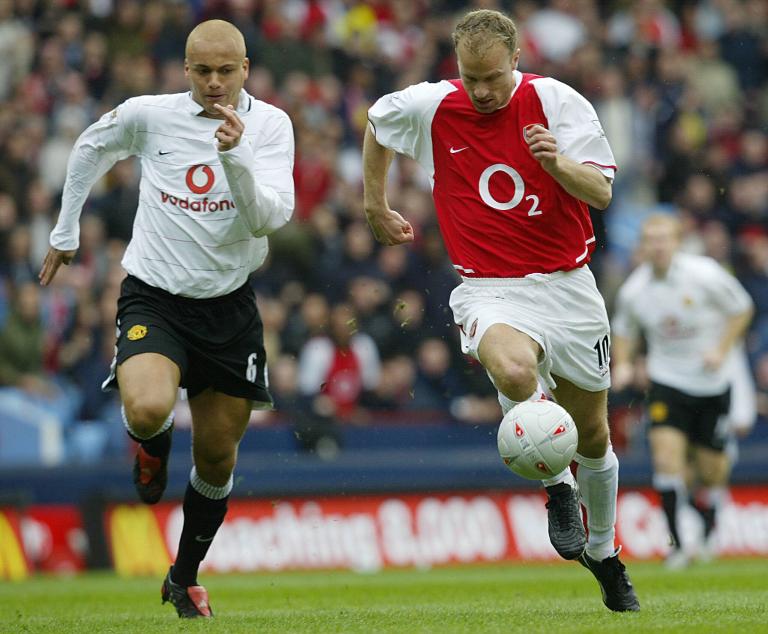
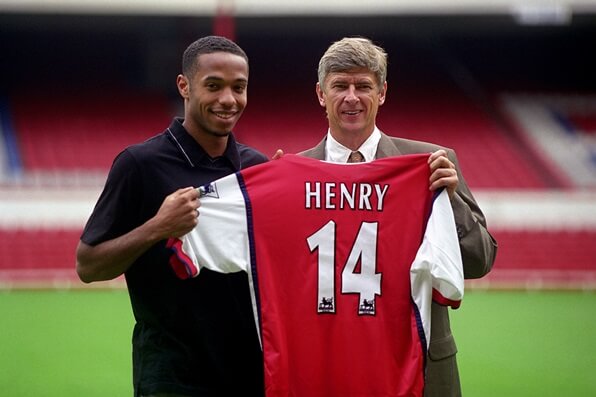
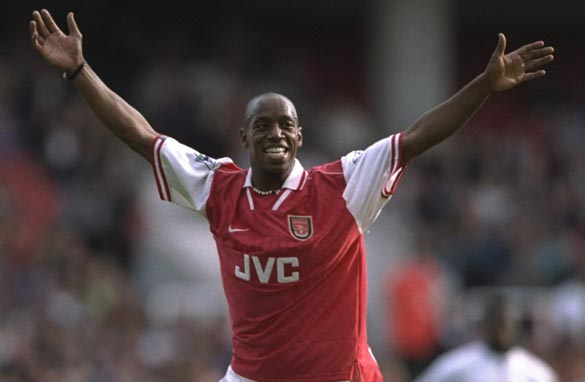
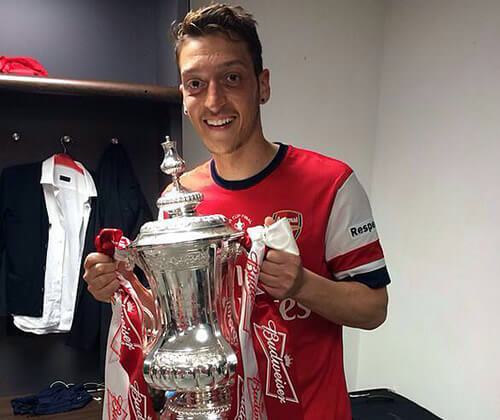
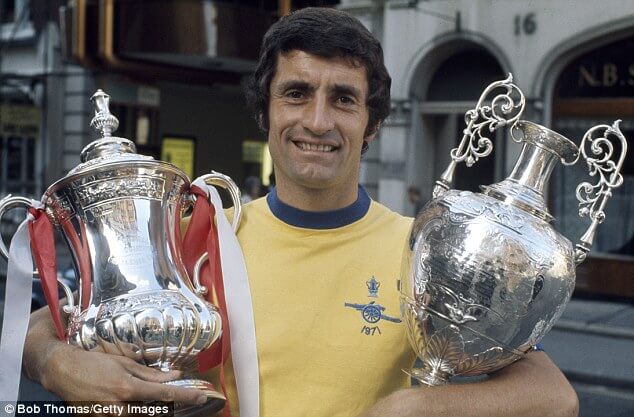
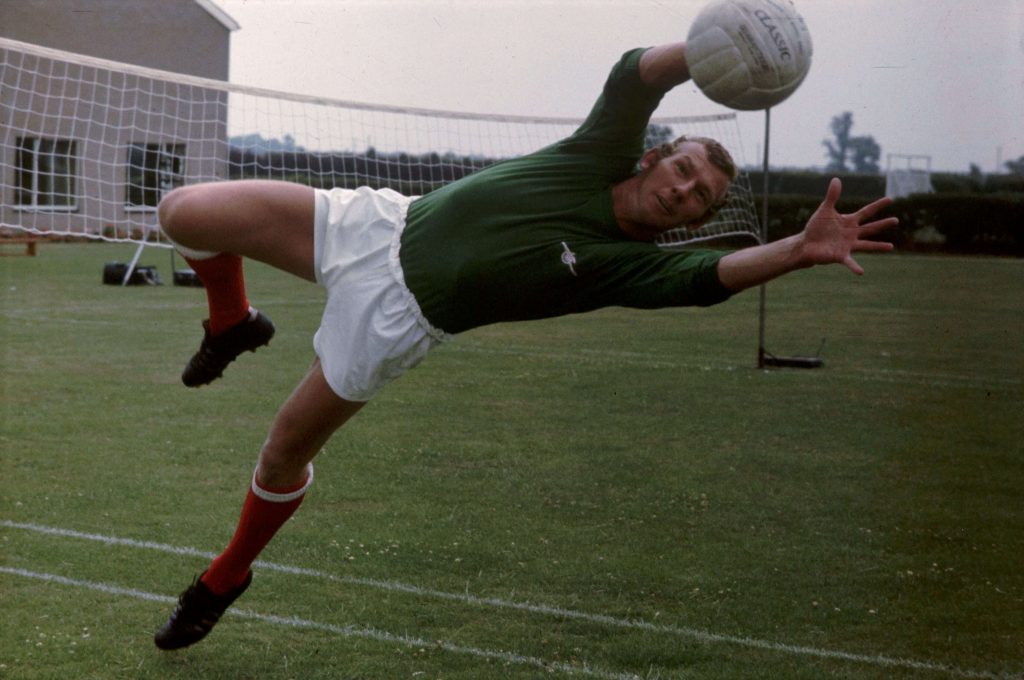
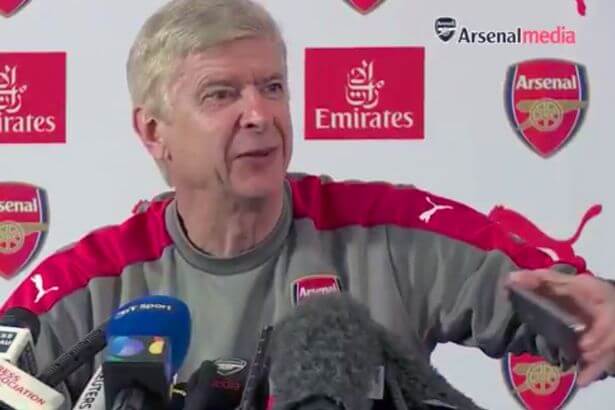
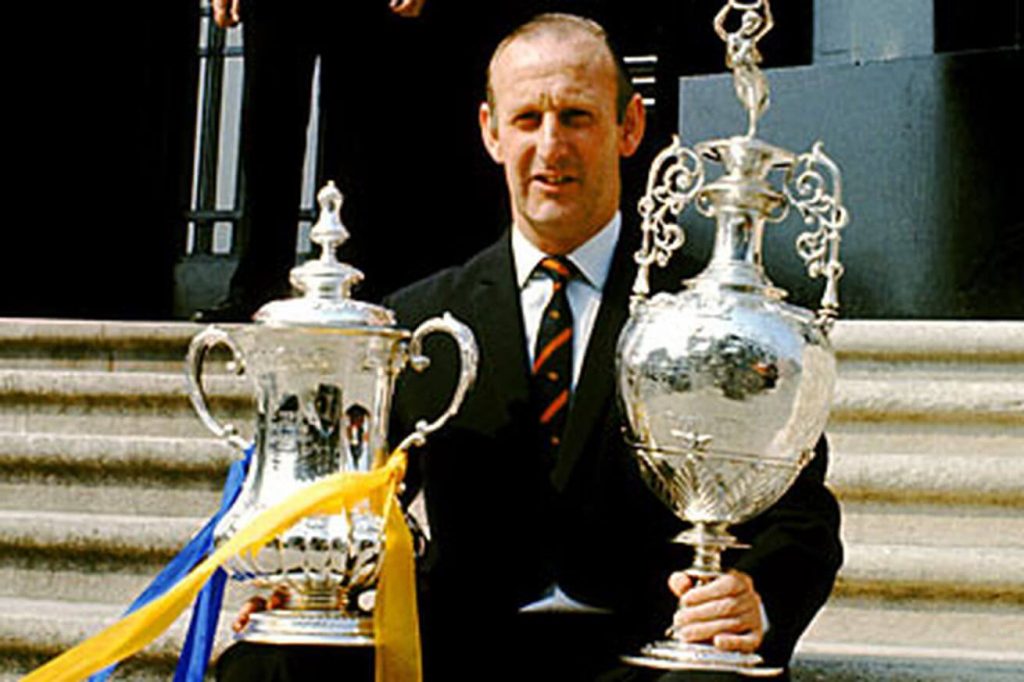
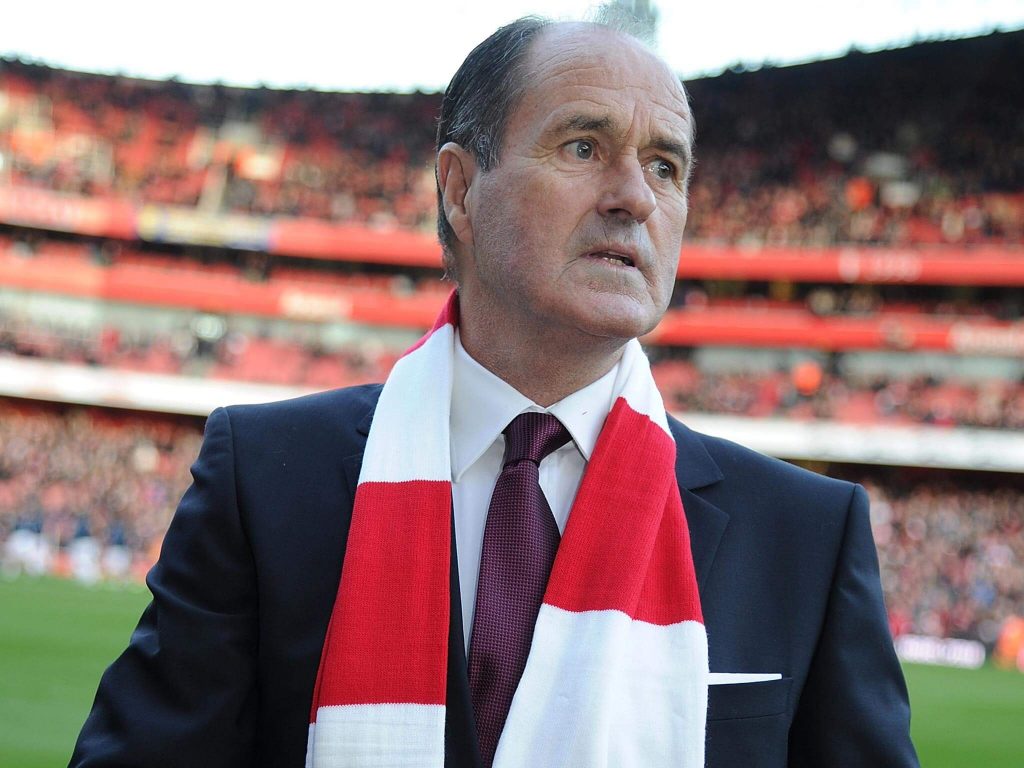
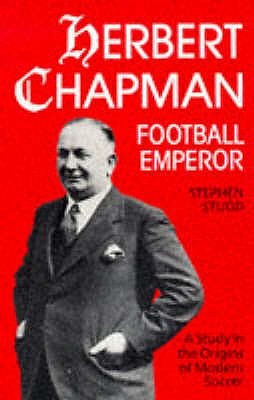
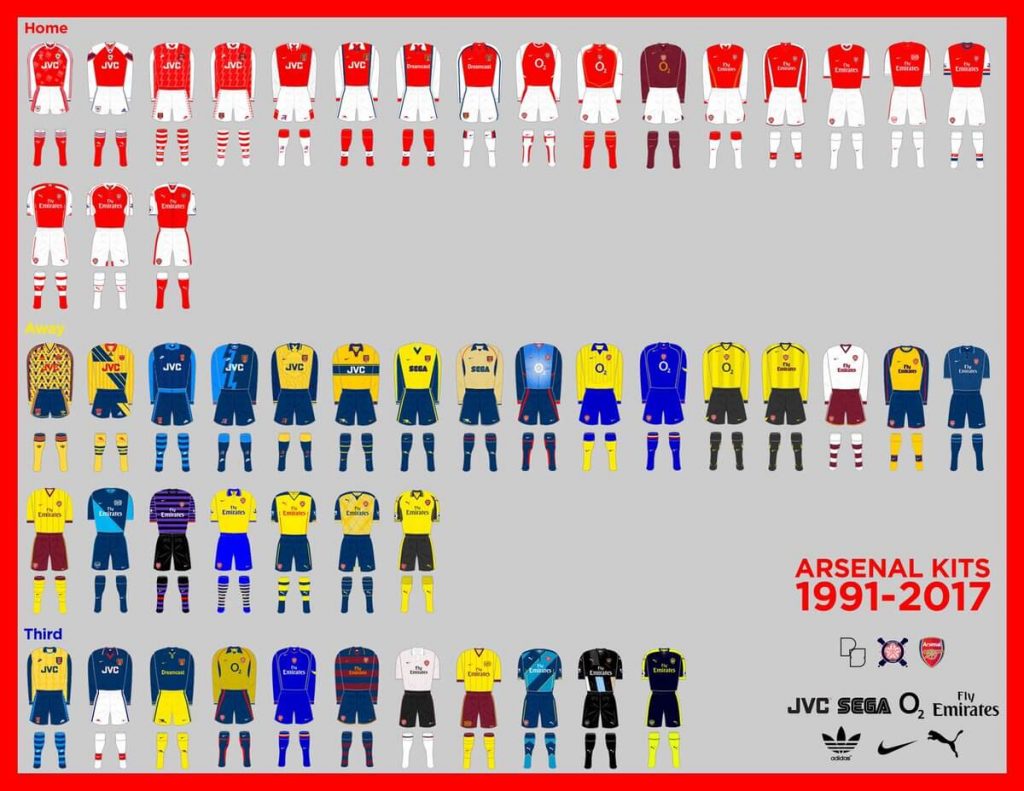
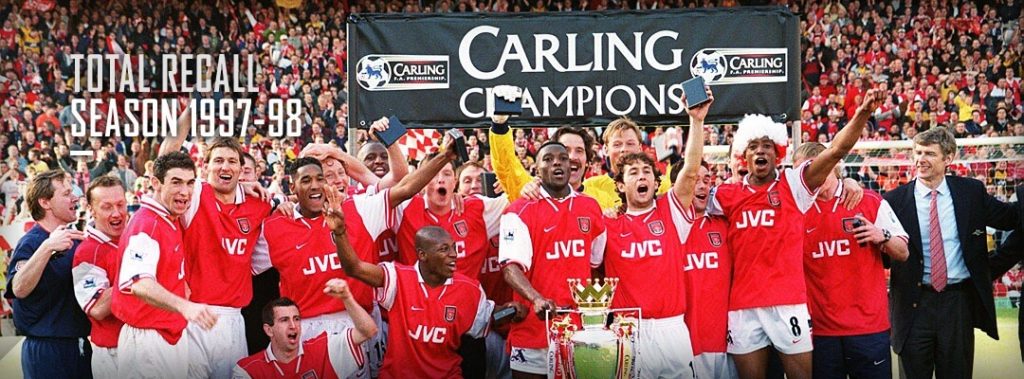
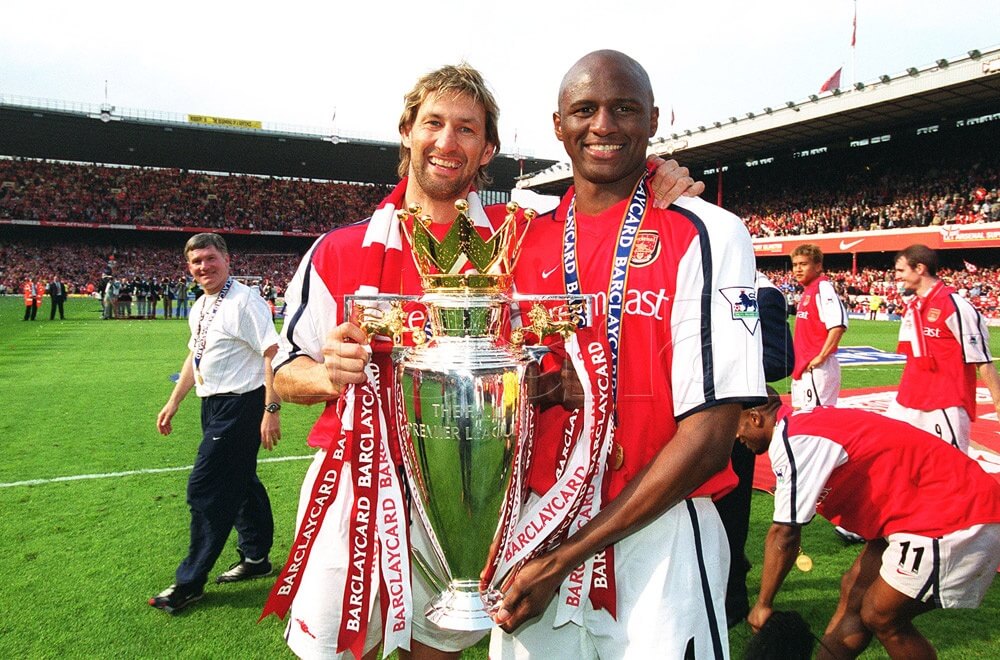
Comments (3)
CarolCribbs
26 Dec 2016This blog has some very good content.
Cara Buckman
28 Dec 2016I must say you have hi quality posts here.
Deloras
15 Oct 2018Thank you for the great post
Comments are closed.